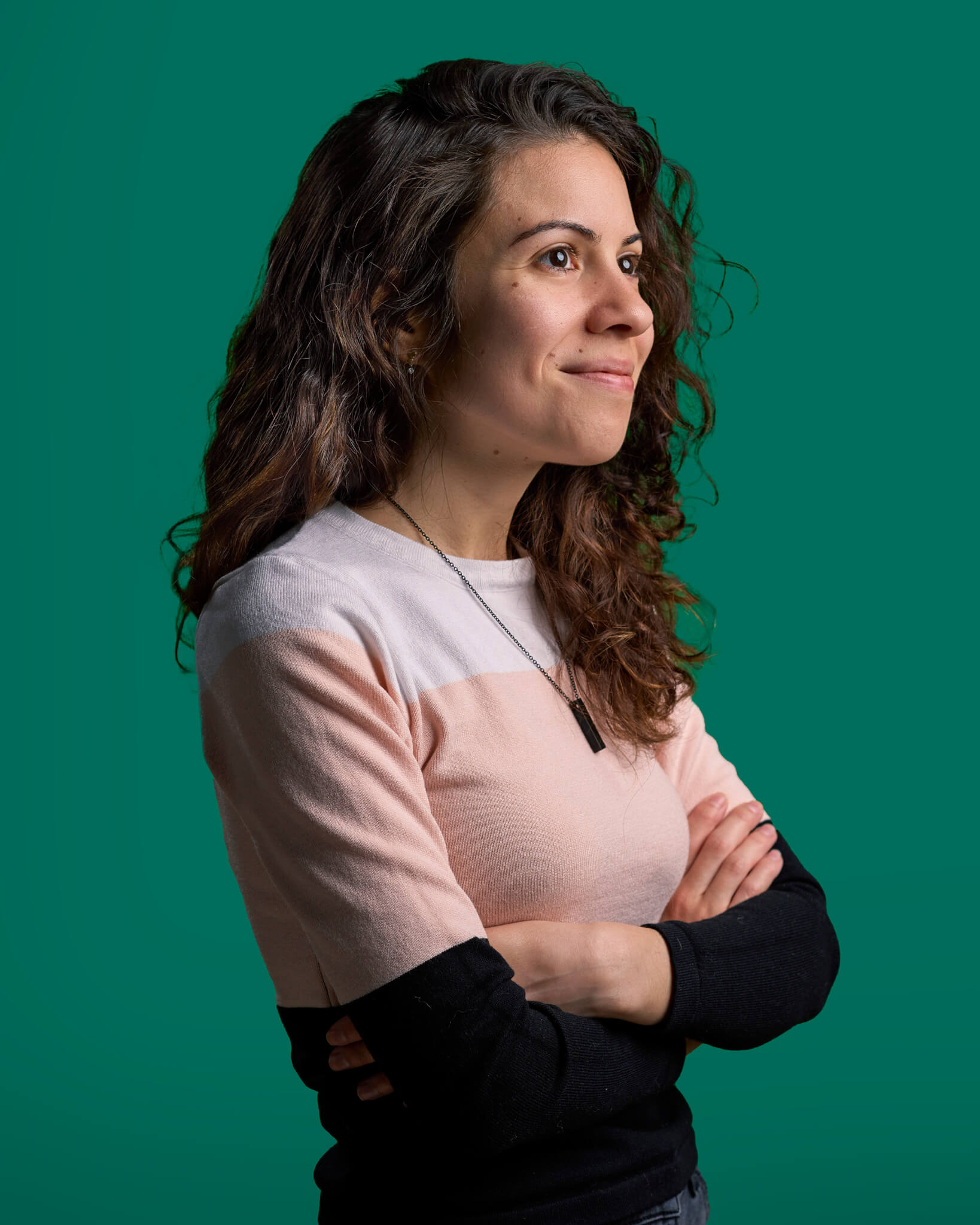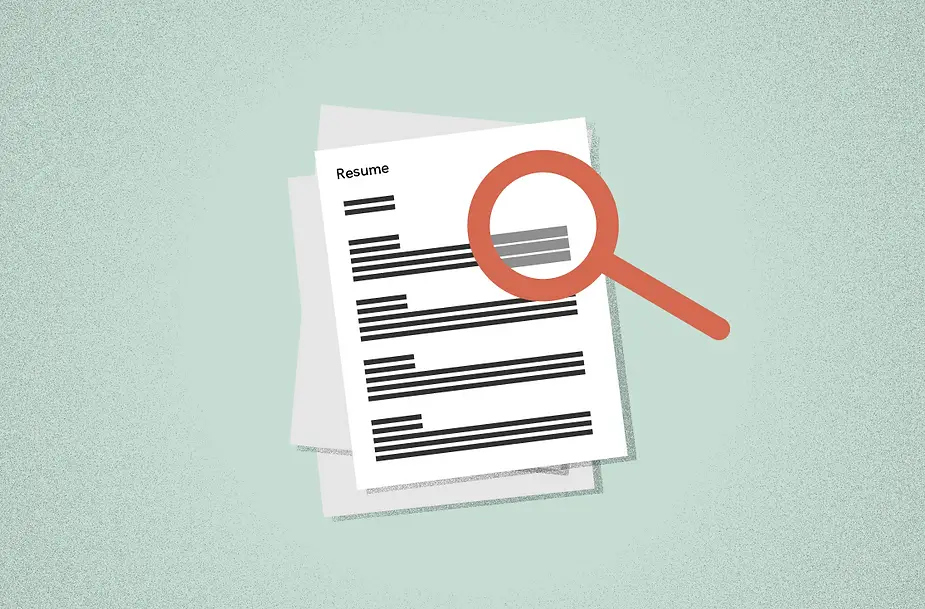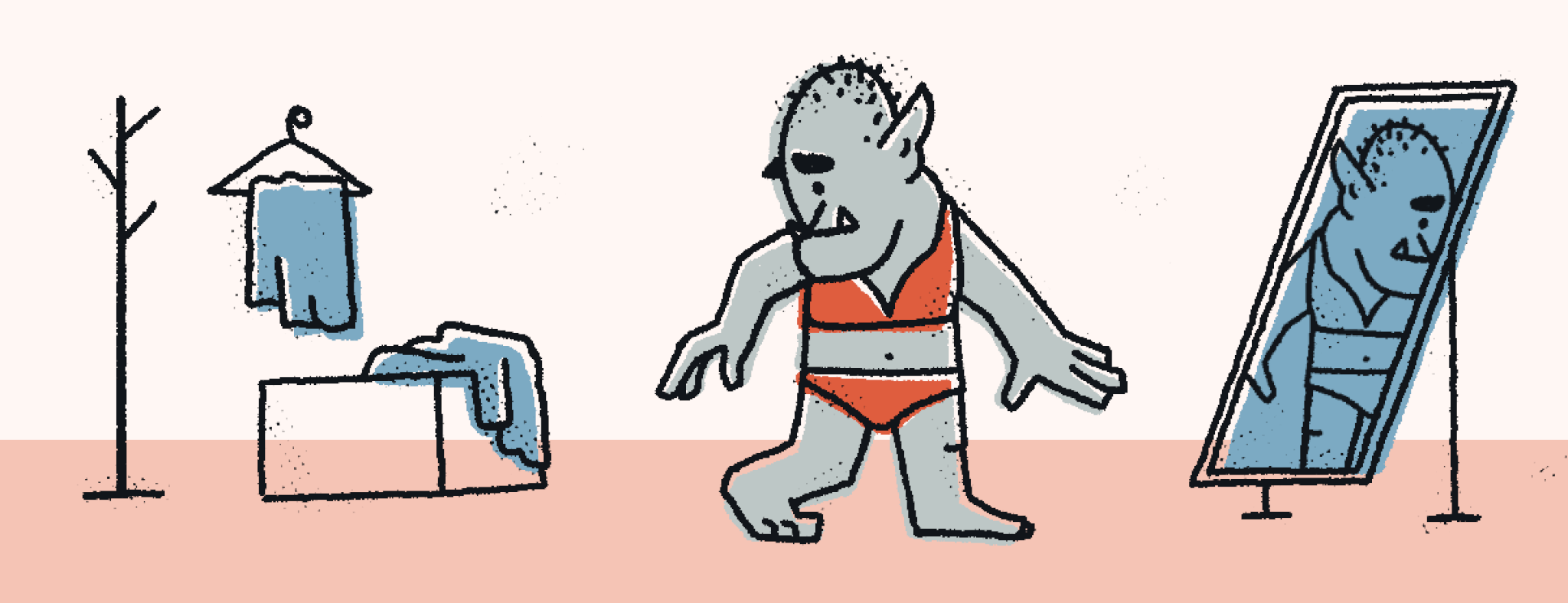Too many potential applicants are disqualifying themselves before they’re even in the running, and it’s our responsibility to change that by writing better job descriptions.
Learning how to write better job descriptions starts with understanding. What's the intent behind the specific words you use? How will these words affect the would-be applicants who view your job posting?
We need to change the way we approach job descriptions. When we do, it'll make the hiring process more inclusive—and when we do that, we create diversified teams, improved work cultures, and a better world.
And who doesn't want that?
Below, we'll dive into everything you need to know to write better job descriptions. First, let's start with a few tips and best practices—then, we'll get into my personal experience (which reflects the experience of many other applicants out there).
7 tips for how to write better job descriptions
The fact of the matter: Applying for jobs is scary. Period. But when you’ve got a whole host of disadvantages weighing you down (from socioeconomic and educational background to racial and gender prejudice), it makes things that much worse.
So, for those of you looking to make the application process just a little less intimidating and a whole lot more inclusive, here are a few tips I recommend:
1. Get rid of education requirements.
Unless you can genuinely argue that a particular degree is necessary for a job (i.e. a legal degree for a role in employment law), all you’re doing is scaring away perfectly qualified candidates who didn’t have the privilege or desire to pursue a degree.
2. Stop requiring X years of experience.
Studies show that many perfectly qualified candidates take themselves out of the running before employers ever get a chance to see their resume. All because they don’t meet every requirement to a tee. Instead of leaning on years of experience, specify what kind of experience you’re looking for. If they can do the job you need them to do, who cares how many years it took them to get there?
3. Stop insisting on prior experience for entry-level roles.
People from marginalized communities already have to fight past the hurdles of unconscious bias and outright discrimination. Don’t make things harder by forcing people to rely on unfair advantages (like family or university connections) in order to land an entry level role. Instead, offer on-the-job training, explicitly state that school clubs, retail work, and/or internship experience is valued (even if it’s in a different field), and encourage people to include a cover letter or project that shows their ability and potential.
4. Tell your candidates to apply—even if they feel underqualified.
I can’t emphasize this enough: too many people take themselves out of the running before they’ve even applied. Tell your candidates to stop weeding themselves out. Because the fact of the matter is, people with connections to the corporate world often have someone who will let them in on the fact that you don’t actually have to meet every qualification to be seriously considered for a job. Make sure candidates without those connections get the memo too.
5. Get rid of the word "requirement."
Instead of listing off a set of requirements—which I think we can all agree aren’t actual requirements so much as a wishlist of items—use headers like, “What you’ll do” and “What makes a great candidate.” This is a whole lot more accurate and will make people less nervous to apply.
6. Don’t just say you value diversity; actually show it in the responsibilities you prioritize.
Too many job descriptions focus on hard skills only. Instead, make inclusive behavior a responsibility. You wouldn’t hire an accountant who couldn’t do math, so why would you hire an employee who doesn’t treat others with respect?
7. Ask the people you work with what’s held them back when applying to jobs.
Every single person has a unique set of traits and life experiences that have shaped the way they interact with the world. These are just a few of the factors that have impacted me and the people I’ve talked to. Take some time to listen to someone else. Chances are, you’ll learn something new.
My own experience with job descriptions
I remember being fresh out of college and looking for work. It sucked.
It sucked for the usual reasons: because I felt so panicked about resume typos, because no one actually wants to write a cover letter, because I was stuck in that awful position of needing experience in order to get experience. (Ah, the joys of applying for your first job.)
But it also sucked for reasons I wasn’t able to articulate until many years later.
There’s more to a person’s experience than what you see on their resume
Looking at my resume, you’d think I would have had an easier time landing my first job. I graduated from a well-known college, held a decent GPA, and even had a few internships to reference on my applications. Brand-name college + internship experience = whatever job I want. Right?
The reality is a bit more complex. The reality is that my resume reflected very little of the life I had lived up until that point.
What my resume didn’t say was this: I grew up in a working class Hispanic town, raised by my mom, who came to the U.S. when she was 12 years old. Like most immigrant parents, she hoped I’d go on to live out the American dream: College degree, a corporate career, and a salary high enough to pay the bills without having to constantly monitor every dollar I spent.
It was an important enough dream that she dedicated the majority of her adult life to taking care of other people’s children in order to give her own kids a fighting chance. And I spent the majority of my childhood doing everything I could to make sure her efforts weren’t wasted.
So what does any of this have to do with me applying to my first job?
We're more than a resume
Our unique life experiences impact our career trajectories long before we begin the application process.
Let’s start with the basics.
My mom never worked in a corporate environment. And so, despite a few summer internships, I had very little knowledge about the inner workings of a corporate job or what it took to get one.
I’m a Hispanic woman whose on-screen representation growing up came in the form of nannies and cleaning ladies. As illogical as it sounds, even after graduating with an Ivy League education, it felt unrealistic for me to consider pursuing a corporate career. (Not that I could even name more than a handful of them. See my next point.)
I grew up in a low-income environment where the only career paths I saw came in the form of my friend’s parents: janitors, hairdressers, and factory workers, all of whom told me that with a college degree like mine, it would be ungrateful to pursue anything other than medicine or law—both of which made my stomach clench with anxiety. And yet, I knew few other options I could pursue.
(For the record: All of the above career options are perfectly respectable. I can honestly say that my mom spent her life working ten times harder than I ever have, and I am constantly in awe of all that she’s accomplished.)
What did that mean for me?
So, here I was: A 22-year-old who’d been lucky enough to get into an organization geared towards helping kids from low-income families break the cycle of poverty, one who had gone on to achieve the kind of educational success most immigrant parents dream of.
And yet, when the time came, I couldn’t bring myself to do it. I couldn’t apply to a single job. Despite all my educational success, I was convinced I couldn’t succeed in the corporate world. And every new job description I read—all of which required experience I didn’t already have—only seemed to further confirm that belief.
Why does writing inclusive job descriptions matter?
Writing an inclusive job description isn’t going to solve everything (there’s a whole lot more that goes into recruiting inclusively; in fact, we’ve created an entire training around it), but it sure is a good start.
Here are a few of the benefits of writing good job descriptions:
- Qualified candidates: Better job descriptions will improve the quality of your candidates. For example, your education requirement could be alienating talented professionals who might not have the right degree.
- Larger pool: Improved inclusivity allows a larger pool to apply for your job opening, which means you have a better chance of finding the perfect fit for the position.
- Greater diversification: Removing exclusive language and barriers to application will diversify your hiring pool—and this is the entry-level point for building diversified teams.
- More opportunities: Give more candidates (who might not have a perfect resume) the chance to apply.
- Less intimidation: More inclusive job descriptions decrease the intimidation factor and help more of the fence-sitters have the confidence to apply.
Knowing how to write good job descriptions is just the beginning—now, it's time to put your know-how into action. Look at your current open roles and see if you're using the right language and best practices to attract top candidates. Examine what you can do to improve inclusivity. Interested in learning more about Hiring best practices? Watch our "Hiring to Scale: How to Hire Consistently and Inclusively for All Company Sizes" webinar here.
Looking for inclusive training that covers how to run a successful interview, the legal do's and don'ts, and more? Check out Ethena's latest training course: Hiring & Interviewing!








